Parents need to give their children enough water, on-time meals and enough nutrients to have enough energy for exercise.
During summer vacation, children have more time to play and practice skills. Experts say that children should exercise in the sun and do physical activities at appropriate times to develop better. At the same time, nutrition and meals can also affect these activities.
Therefore, families should encourage children to exercise through meals, then help them register for a swimming course or martial arts.
Drink enough water
Families do not need to prepare complicated sports drinks or prepare fruit juices every day. The reason is that children will not need to exercise at the same high intensity as athletes or professional players; instead, children will sweat more during exercise and lose electrolytes.
Therefore, families only need to prepare filtered water and suitable snacks for hot weather. If children do not like to drink plain water, families can add water flavored with lemon or other fruits. If parents want to replenish electrolytes, parents should dilute the electrolyte drink and ensure the lowest added sugar level, or choose a sugar-free version.
When your child is thirsty, make sure water is available and encourage them to sip water frequently. If they are too thirsty, it will be difficult to keep up with their physical activity goals.
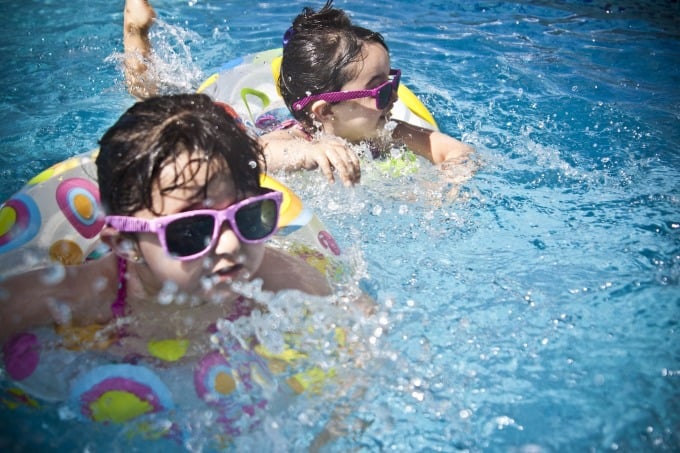
Children learn to swim in the summer. Photo: Pixabay
Eat on time and enough nutrients
Parents need to maintain a regular daily meal schedule for their children to limit hunger leading to overeating, or eating too little due to the high frequency of meals. A stable meal schedule also helps families easily arrange time for children to participate in physical activities, for example, swimming in the afternoon, jogging or cycling in the morning.
Children's meals should include healthy proteins, fruits, whole grains, and dairy foods. These foods provide a variety of nutrients for children, fuel exercise, and support physical growth. Families should not focus too much on a specific food or food group, such as only eating eggs and not eating meat, which will cause children to be malnourished.
If your child is participating in a competition or playing soccer, make sure they eat a nutritious and well-balanced meal the night before to give them the energy they need to compete the next day. Families should not force their children to eat or drink as this may reduce their performance.
About 3-4 hours before the game, families should give their children a meal or snack that focuses on carbohydrates and protein. Examples include sandwiches, jelly beans, applesauce, milk, oatmeal and bananas, and yogurt. Families should avoid high-fat foods such as pizza, chips, or doughnuts. Fat slows down digestion and can make children feel sluggish. Also, limit sugary drinks.
About an hour before the match, children should eat a snack with simple carbohydrates to increase energy, for example apples, bananas, tangerines, biscuits...
After the game, the family should make sure to provide carbohydrates to replenish energy and some protein to aid in muscle recovery. Examples include chocolate milk and fruit, cheese and fruit.
Practice time
Children and adolescents aged 5-18 should exercise and play sports for at least 60 minutes a day, at moderate or vigorous intensity, to develop motor skills, muscles and bones. Families should encourage children to be active throughout the day, avoid sitting or lying down for too long; avoid exercising when it is too hot or under harsh sunlight.
Chile (According to The Verymom, NHS )
Source link




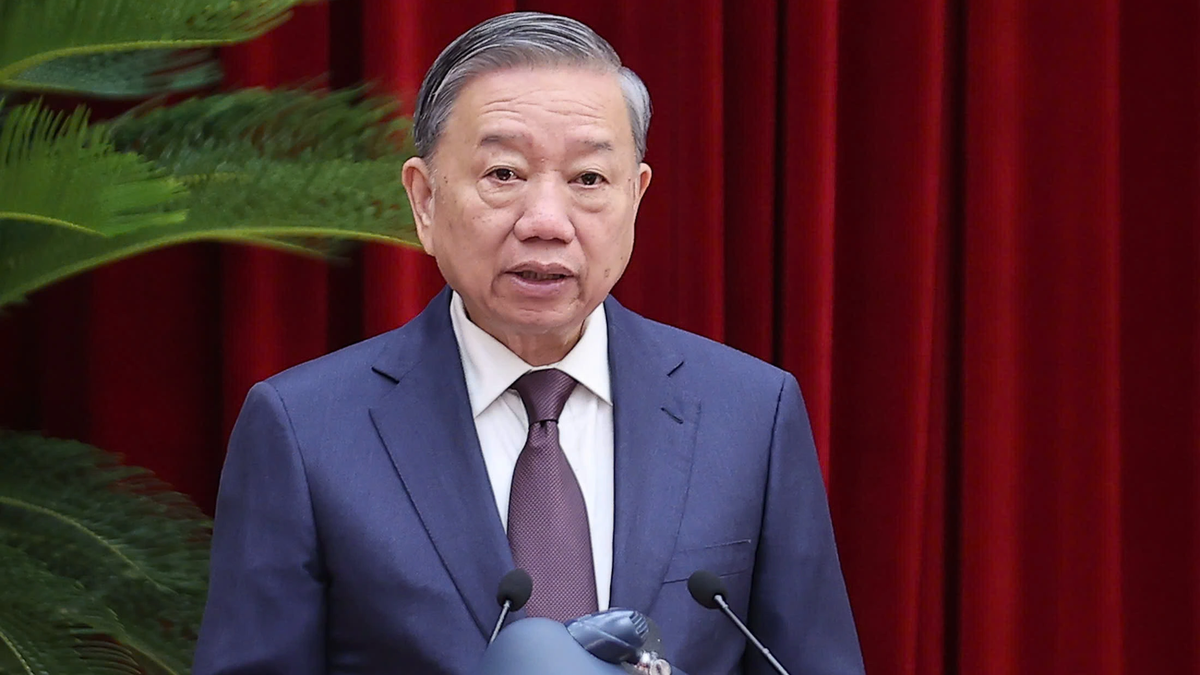

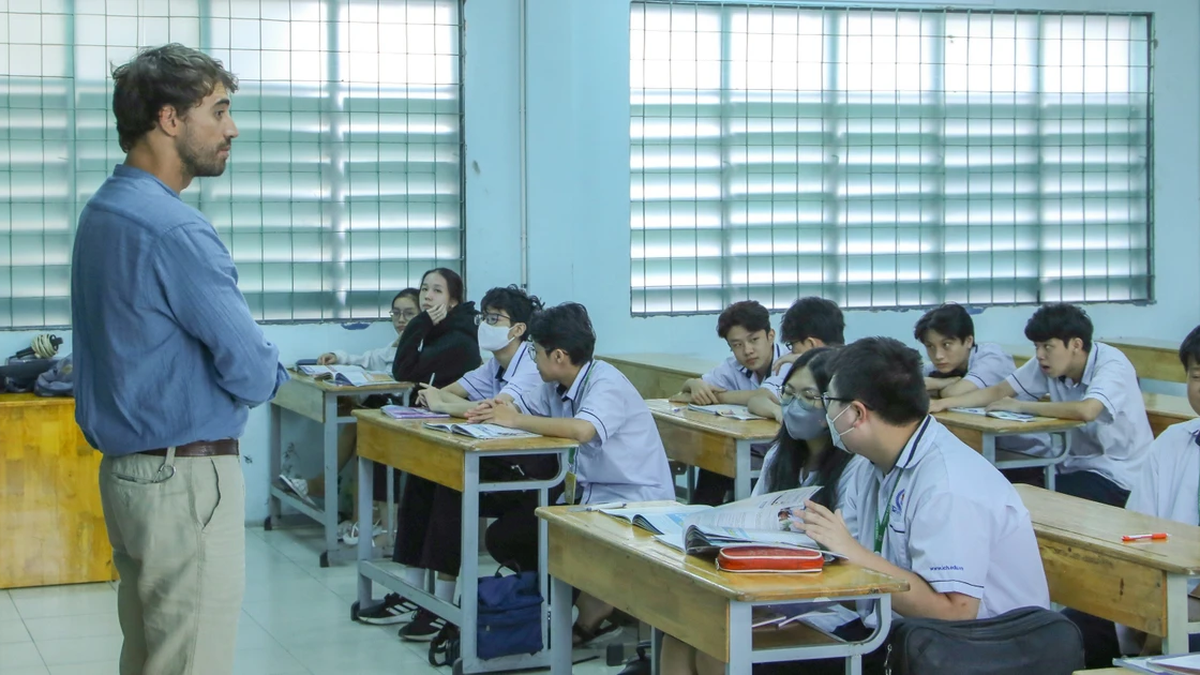


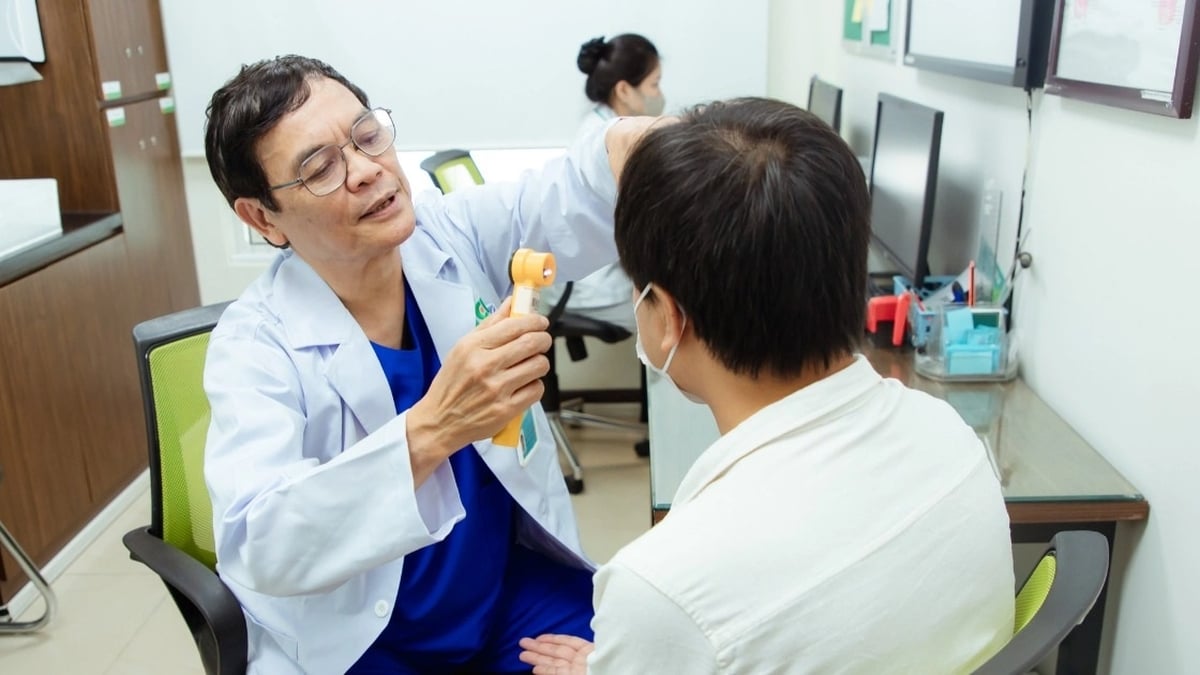



















































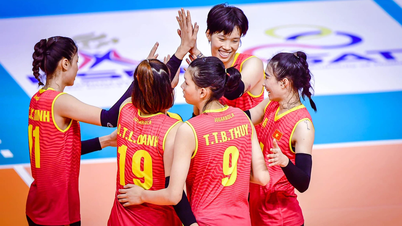



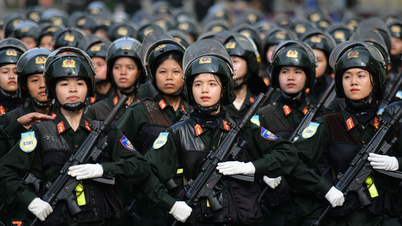





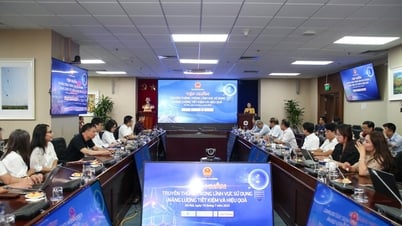

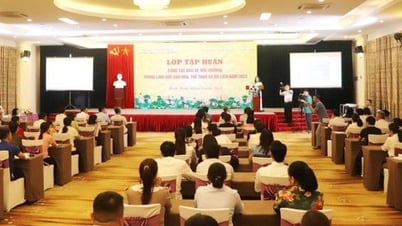

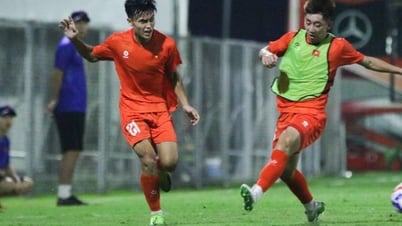
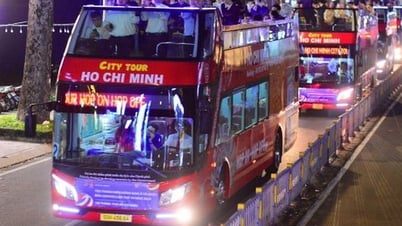
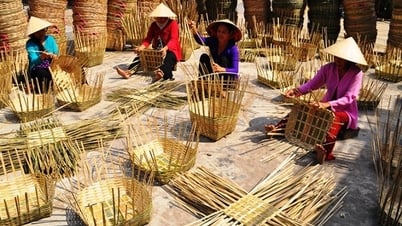








![[Infographic] In 2025, 47 products will achieve national OCOP](https://vphoto.vietnam.vn/thumb/402x226/vietnam/resource/IMAGE/2025/7/16/5d672398b0744db3ab920e05db8e5b7d)














Comment (0)